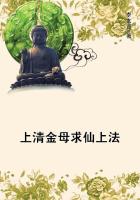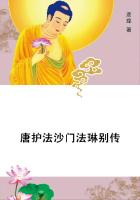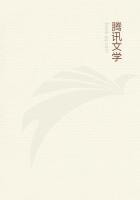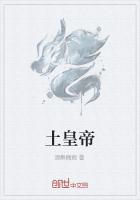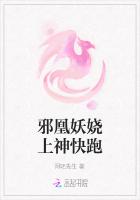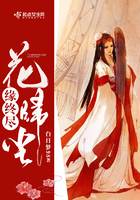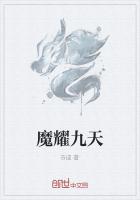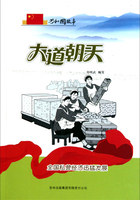SCHOLASTIC AND BEDSIDE TEACHING.
An Introductory Lecture delivered before the Medical Class of Harvard University, November 6, 1867.
The idea is entertained by some of our most sincere professional brethren, that to lengthen and multiply our Winter Lectures will be of necessity to advance the cause of medical education. It is a fair subject for consideration whether they do not overrate the relative importance of that particular mode of instruction which forms the larger part of these courses.
As this School could only lengthen its lecture term at the expense of its "Summer Session," in which more direct, personal, and familiar teaching takes the place of our academic discourses, and in which more time can be given to hospitals, infirmaries, and practical instruction in various important specialties, whatever might be gained, a good deal would certainly be lost in our case by the exchange.
The most essential part of a student's instruction is obtained, as I believe, not in the lecture-room, but at the bedside. Nothing seen there is lost; the rhythms of disease are learned by frequent repetition; its unforeseen occurrences stamp themselves indelibly in the memory. Before the student is aware of what he has acquired, he has learned the aspects and course and probable issue of the diseases he has seen with his teacher, and the proper mode of dealing with them, so far as his master knows it. On the other hand, our ex cathedra prelections have a strong tendency to run into details which, however interesting they may be to ourselves and a few of our more curious listeners, have nothing in them which will ever be of use to the student as a practitioner. It is a perfectly fair question whether I and some other American Professors do not teach quite enough that is useless already. Is it not well to remind the student from time to time that a physician's business is to avert disease, to heal the sick, to prolong life, and to diminish suffering? Is it not true that the young man of average ability will find it as much as he can do to fit himself for these ****** duties?
Is it not best to begin, at any rate, by ****** sure of such knowledge as he will require in his daily walk, by no means discouraging him from any study for which his genius fits him when he once feels that he has become master of his chosen art.
I know that many branches of science are of the greatest value as feeders of our medical reservoirs. But the practising physician's office is to draw the healing waters, and while he gives his time to this labor he can hardly be expected to explore all the sources that spread themselves over the wide domain of science. The traveller who would not drink of the Nile until he had tracked it to its parent lakes, would be like to die of thirst; and the medical practitioner who would not use the results of many laborers in other departments without sharing their special toils, would find life far too short and art immeasurably too long.
We owe much to Chemistry, one of the most captivating as well as important of studies; but the medical man must as a general rule content himself with a clear view of its principles and a limited acquaintance with its facts; such especially as are pertinent to his pursuits. I am in little danger of underrating Anatomy or Physiology; but as each of these branches splits up into specialties, any one of which may take up a scientific life-time, I would have them taught with a certain judgment and reserve, so that they shall not crowd the more immediately practical branches. So of all the other ancillary and auxiliary kinds of knowledge, I would have them strictly subordinated to that particular kind of knowledge for which the community looks to its medical advisers.
A medical school is not a scientific school, except just so far as medicine itself is a science. On the natural history side, medicine is a science; on the curative side, chiefly an art. This is implied in Hufeland's aphorism: "The physician must generalize the disease and individualize the patient."
The coordinated and classified results of empirical observation, in distinction from scientific experiment, have furnished almost all we know about food, the medicine of health, and medicine, the food of sickness. We eat the root of the Solanum tuberosum and throw away its fruit; we eat the fruit of the Solanum Lycopersicum and throw away its root. Nothing but vulgar experience has taught us to reject the potato ball and cook the tomato. So of most of our remedies.
The subchloride of mercury, calomel, is the great British specific; the protochloride of mercury, corrosive sublimate, kills like arsenic, but no chemist could have told us it would be so.
>From observations like these we can obtain certain principles from which we can argue deductively to facts of a like nature, but the process is limited, and we are suspicious of all reasoning in that direction applied to the processes of healthy and diseased life. We are continually appealing to special facts. We are willing to give Liebig's artificial milk when we cannot do better, but we watch the child anxiously whose wet-nurse is a chemist's pipkin. A pair of substantial mammary glands has the advantage over the two hemispheres of the most learned Professor's brain, in the art of compounding a nutritious fluid for infants.
The bedside is always the true centre of medical teaching. Certain branches must be taught in the lecture-room, and will necessarily involve a good deal that is not directly useful to the future practitioner. But the over ambitious and active student must not be led away by the seduction of knowledge for its own sake from his principal pursuit. The humble beginner, who is alarmed at the vast fields of knowledge opened to him, may be encouraged by the assurance that with a very slender provision of science, in distinction from practical skill, he may be a useful and acceptable member of the profession to which the health of the community is intrusted.

